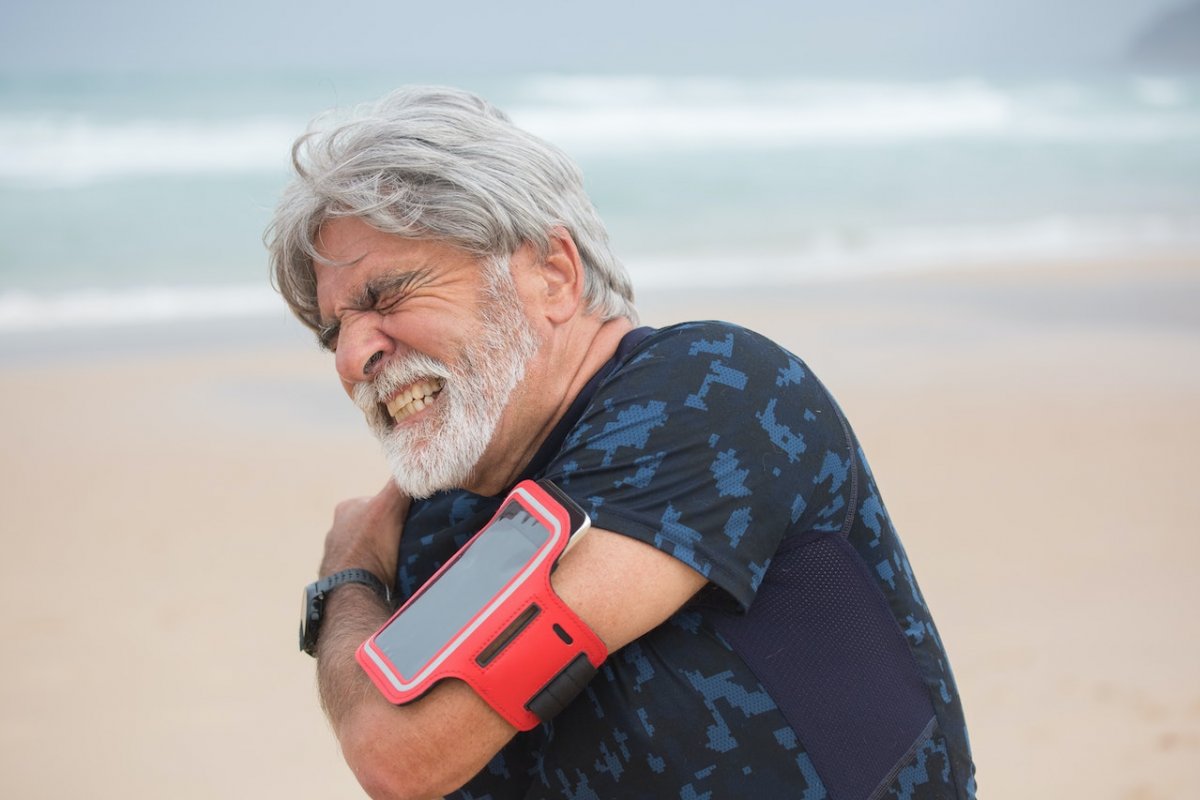
Your bones may signal a vitamin D deficiency, according to your doctor.
From a healthy immune system to strong bones, vitamin D helps a variety of processes in your body. While the symptoms of a solar nutrient deficiency tend to be quite subtle, knowing what to look for is the first step in spotting a deficiency. One symptom, known as osteoalgia, warrants a visit to a GP, the doctor says.
“The main source of vitamin D is sunlight on the skin. Unlike other vitamins, it is difficult to get enough vitamin D from dietary sources alone,” says dietitian Vasilisa Ponomareva specifically for MedicForum.
Thus, a lack of sunshine vitamin can set the stage for vitamin D deficiency, causing warning signs, such as bone pain.
Vitamin D Deficiency Symptoms: Lower Back Pain May Be a Sign
Vitamin D plays an important role in maintaining bone and muscle health, which means that a lack of this nutrient can be symptomatic in these areas.
“One of the subtle but key symptoms is osteoalgia, also known as bone pain. This type of pain can be described as soreness, aching or discomfort, with patients reporting that their bones begin to feel pain with moderate pressure. Adults are deficient in the vitamin D can cause bone pain and muscle weakness, although these symptoms can be very subtle.”
Dr. McClymont Names 'Subtle Signs' of Vitamin D Deficiency
It's worth visiting your GP if you experience any of these symptoms on an ongoing basis. They can do a blood test, which is the most accurate way to measure the amount of vitamin D in your body.
Also talk to your doctor or pharmacist if you don't have any symptoms but are concerned that your vitamin D levels may be low.
Earlier, the MedicalForum wrote about the dangers of the common cold for the brain.
Important! Information provided for reference purposes. Ask a specialist about contraindications and side effects and under no circumstances self-medicate. At the first sign of illness, consult a doctor.
